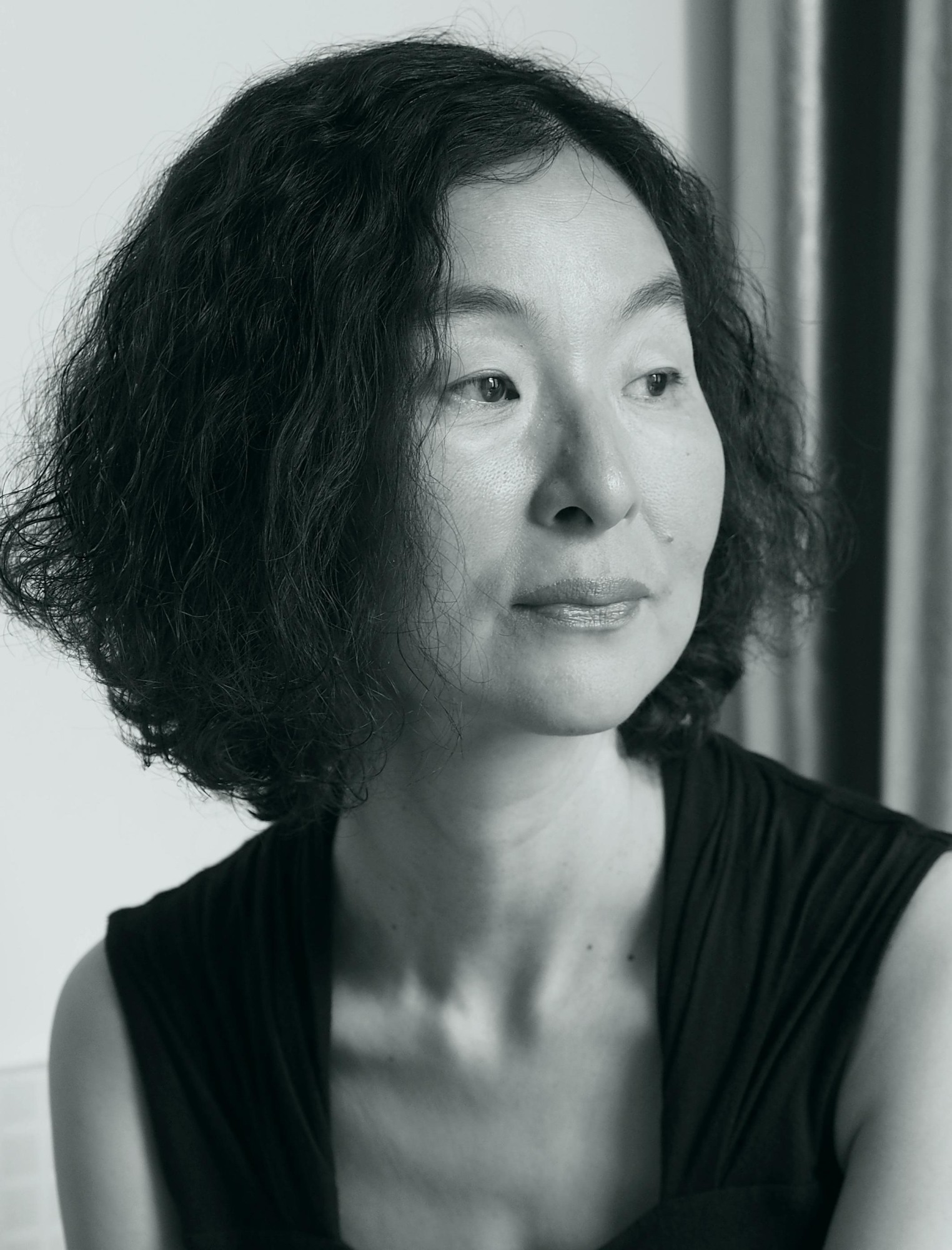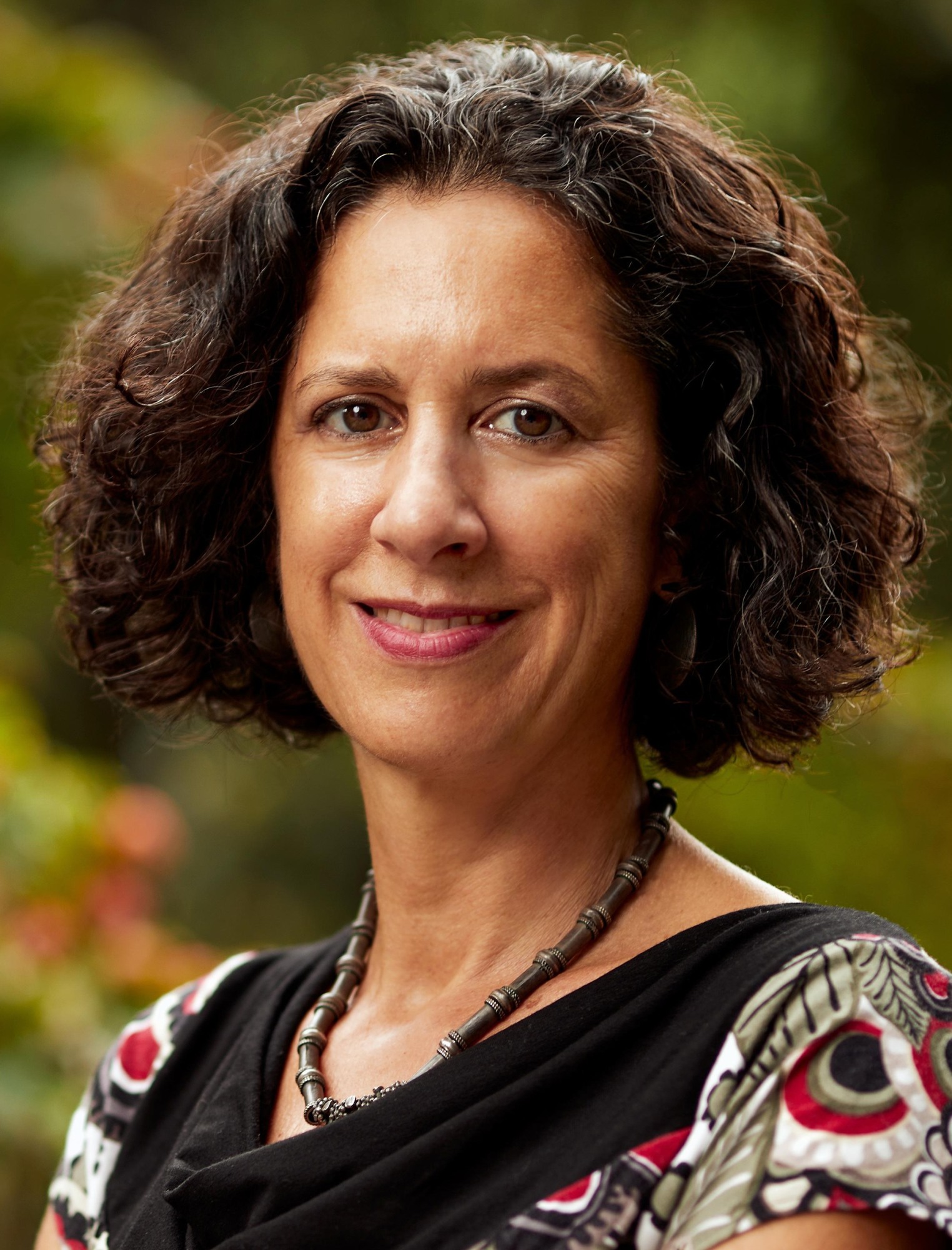Professors Lingzhen Wang (East Asian Studies) and Nadje Al-Ali (Anthropology) will bring their respective research methods and expertise into dialogue to explore contemporary forms of feminism in Asia, with special attention to their historical and cultural underpinnings. “This is a major opportunity,” says Wang, “not only to foster cross-regional dialogue, but to decolonize dominant studies of gender and feminism, which focus on the U.S. and Europe. Students will be paving the way for future transnational studies at Brown and beyond.”


Wang and Al-Ali’s course is the latest to be made possible by the Cogut Institute’s collaborative humanities undergraduate course award. The award extends the research that informs Wang and Al-Ali’s teaching by providing each with $10,000 supplementary research funds. It also provides for course development funds to enhance student learning and facilitate pedagogical experimentation.